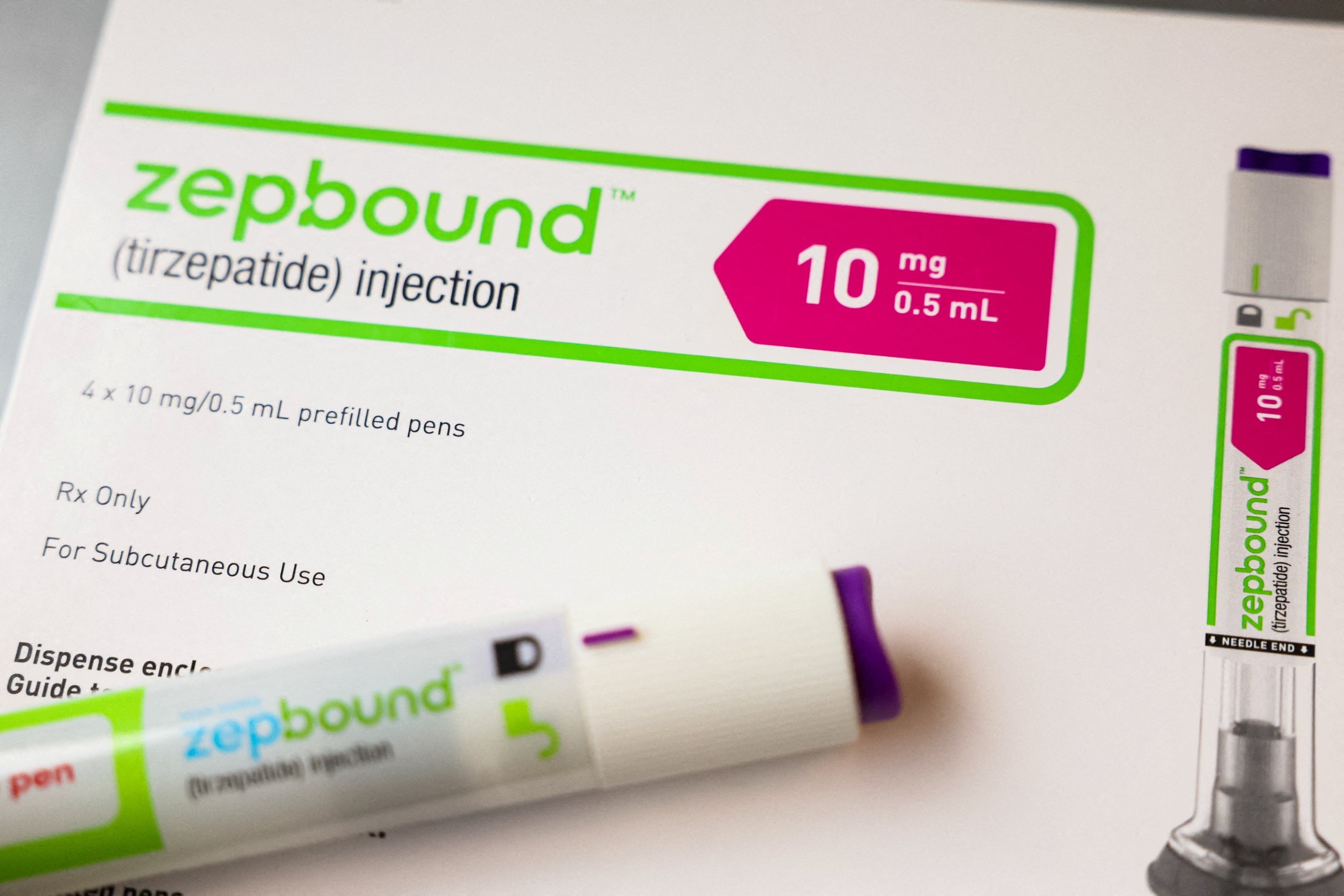Hospitals cash in on a private equity-backed trend: Concierge physician care
Hospitals are increasingly offering "concierge service" to affluent clientele.
This is a KFF Health News story.
Nonprofit hospitals created largely to serve the poor are adding concierge physician practices, charging patients annual membership fees of $2,000 or more for easier access to their doctors.
It's a trend that began decades ago with physician practices. Thousands of doctors have shifted to the concierge model, in which they can increase their income while decreasing their patient load.
Northwestern Medicine in Chicago, Penn Medicine in Philadelphia, University Hospitals in the Cleveland area and Baptist Health in Miami are among the large hospital systems offering concierge physician services. The fees, which can exceed $4,000 a year, are in addition to copayments, deductibles and other charges not paid by patients' insurance plans.
Critics of concierge medicine say the practice exacerbates primary care shortages, ensuring access only for the affluent, while driving up health care costs. But for tax-exempt hospitals, the financial benefits can be twofold.
Concierge fees provide new revenue directly and serve as a tool to help recruit and retain physicians. Those doctors then provide lucrative referrals of their well-heeled patients to the hospitals that employ them.
"Hospitals are attracted to physicians that offer concierge services because their patients do not come with bad debts or a need for charity care, and most of them have private insurance which pays the hospital very well," said Gerard Anderson, a hospital finance expert at Johns Hopkins University. "They are the ideal patient, from the hospitals' perspective."
Concierge physicians typically limit their practices to a few hundred patients, compared with a couple of thousand for a traditional primary care doctor, so they can promise immediate access and longer visits.

"Every time we see these models expand, we are contracting the availability of primary care doctors for the general population," said Jewel Mullen, associate dean for health equity at the University of Texas-Austin's Dell Medical School. The former Connecticut health commissioner said concierge doctors join large hospital systems because of the institutions' reputations, while hospitals sign up concierge physicians to ensure referrals to specialists and inpatient care.
"It helps hospitals secure a bigger piece of their market," she said.
Concierge physicians typically promise same-day or next-day appointments. Many provide patients their mobile phone number.
Aaron Klein, who oversees the concierge physician practices at Baptist Health, said the program was initially intended to serve donors.
"High-end donors wanted to make sure they have doctors to care for them," he said.
Baptist opened its concierge program in 2019 and now has three practices across South Florida, where patients pay $2,500 a year.
"My philosophy is: it's better to give world-class care to a few hundred patients rather than provide inadequate care to a few thousand patients," Klein said.
Concierge physician practices started more than 20 years ago, mainly in upscale areas such as Boca Raton, Florida, and La Jolla, California. They catered mostly to wealthy retirees willing to pay extra for better physician access. Some of the first physician practices to enter the business were backed by private equity firms.
One of the largest, Boca Raton-based MDVIP, has more than 1,100 physicians and more than 390,000 patients. It was started in 2000, and since 2014 private equity firms have owned a majority stake in the company.
Some concierge physicians say their more attentive care means healthier patients. A study published last year by researchers at the University of California-Berkeley and University of Pennsylvania found no impact on mortality rates. What the study did find: higher costs.
Using Medicare claims data, the researchers found that concierge medicine enrollment corresponded with a 30% to 50% increase in total health care spending by patients.
For hospitals, "this is an extension of them consolidating the market," said Adam Leive, a study co-author and an assistant professor of public policy at UC Berkeley. Inova Health Care Services in Fairfax, Virginia, one of the state's largest tax-exempt hospital chains, employs 18 concierge doctors, who each handle no more than 400 patients. Those patients pay $2,200 a year for the privilege.
George Salem, 70, of McLean, Virginia, has been a patient in Inova's concierge practice for several years along with his wife. Earlier this year he slammed his finger in a hotel door, he said. As soon as he got home, he called his physician, who saw him immediately and stitched up the wound. He said he sees his doctor about 10 to 12 times a year.
"I loved my internist before, but it was impossible to get to see him," Salem said. Immediate access to his doctor "very much gives me peace of mind," he said.
Craig Cheifetz, a vice president at Inova who oversees the concierge program, said the hospital system took interest in the model after MDVIP began moving aggressively into the Washington, D.C., suburbs about a decade ago. Today, Inova's program has 6,000 patients.
Cheifetz disputes the charge that concierge physician programs exacerbate primary care shortages. The model keeps doctors who were considering retiring early in the business with a lighter caseload, he said. And the fees amount to no more than a few dollars a day -- about what some people spend on coffee, he said.
"Inova has an incredible primary care network for those who can't afford the concierge care," he said. "We are still providing all that is necessary in primary care for those who need it."
Some hospitals are starting concierge physician practices far from their home locations. For example, Tampa General Hospital in Florida last year opened a concierge practice in upper-middle-class Palm Beach Gardens, a roughly three-hour drive from Tampa. Mount Sinai Health System in New York runs a concierge physician practice in West Palm Beach.
NCH Healthcare System in Naples, Florida, employs 12 concierge physicians who treat about 3,000 patients total.
"We found a need in this community for those who wanted a more personalized health care experience," said James Brinkert, regional administrator for the system. Members pay an annual fee of at least $3,500.
NCH patients whose doctors convert to concierge and who don't want to pay the membership fee are referred to other primary care practices or to urgent care, Brinkert said.




